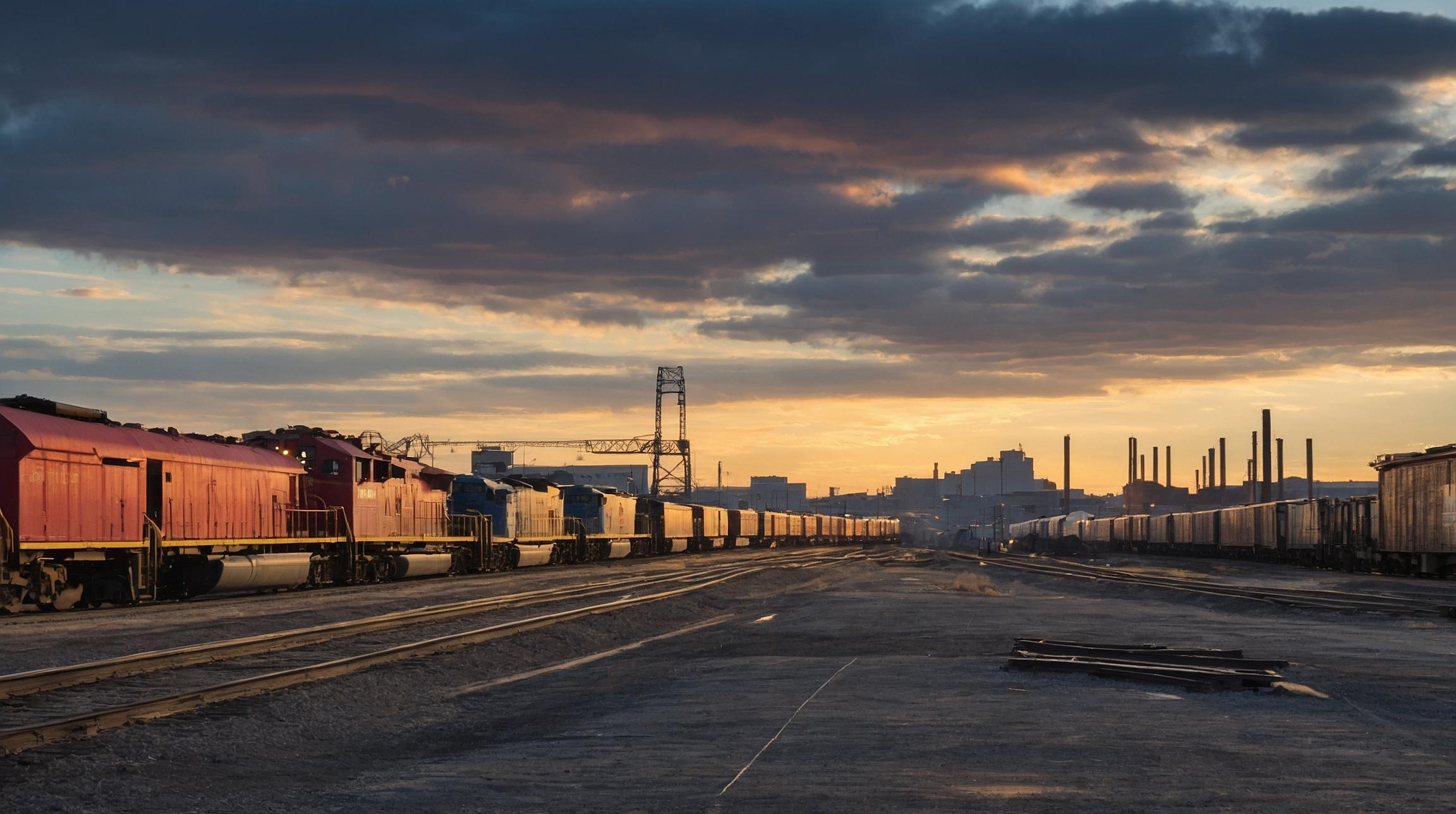Current Situation of the Rail Labor Dispute
Canada's two primary railway operators, Canadian National Railway (CN) and Canadian Pacific Kansas City (CPKC), are on the brink of an unprecedented labor stoppage. This situation is poised to inflict significant economic damage, potentially costing billions of dollars.
Why Are Both Companies Poised to Stop?
Typically, contract negotiations between the railway companies and the Teamsters union occur in separate years. However, in 2022, the Canadian government introduced new regulations focusing on reducing worker fatigue. This led CN to request a year-long extension to its existing contract, pushing their negotiations to align with CPKC's timeline. Consequently, if current negotiations fail, the majority of the Canadian freight rail system will halt. The Teamsters union represents about 10,000 workers, including engineers, conductors, and rail traffic controllers.
What Might Happen Next?
In the event that no agreement is reached, the companies plan to initiate a lockout starting early Thursday. Meanwhile, the union is prepared to strike on the same day. CPKC has notified of a potential lockout, ensuring its U.S. and Mexican operations will continue unaffected. However, a strike could disrupt shipments to the U.S. Both CN and CPKC have already started declining cross-border cargoes dependent on their networks. Moreover, CPKC has warned of halting new rail shipments from Canada and U.S. shipments to Canada if progress isn't made by August 20.
Core Disputes Between the Sides
The Teamsters argue that CPKC aims to remove critical fatigue-related safety provisions from their agreements, which could increase accident risks by extending work hours. CPKC asserts that their proposal adheres to new rest regulations and maintains existing safety protocols. Similarly, CN proposes a forced relocation for workers, mandating temporary moves to address labor shortages, a point of contention with the union.
Potential Federal Government Actions
The federal government, through Labor Minister Steven MacKinnon, possesses the authority to mandate binding arbitration under article 107 of the labor code. This was previously employed in 2023 to resolve a dockworkers' strike in British Columbia. However, despite CN's request for arbitration, Minister MacKinnon has encouraged continued negotiations.
Implications of a Union Strike
If a strike is initiated by the Teamsters, the government could resort to back-to-work legislation. This was implemented in 2012 by a previous government to end a similar rail labor dispute. The current Liberal government, backed by the union-supporting New Democrats, prefers promoting negotiation over legislative intervention.













